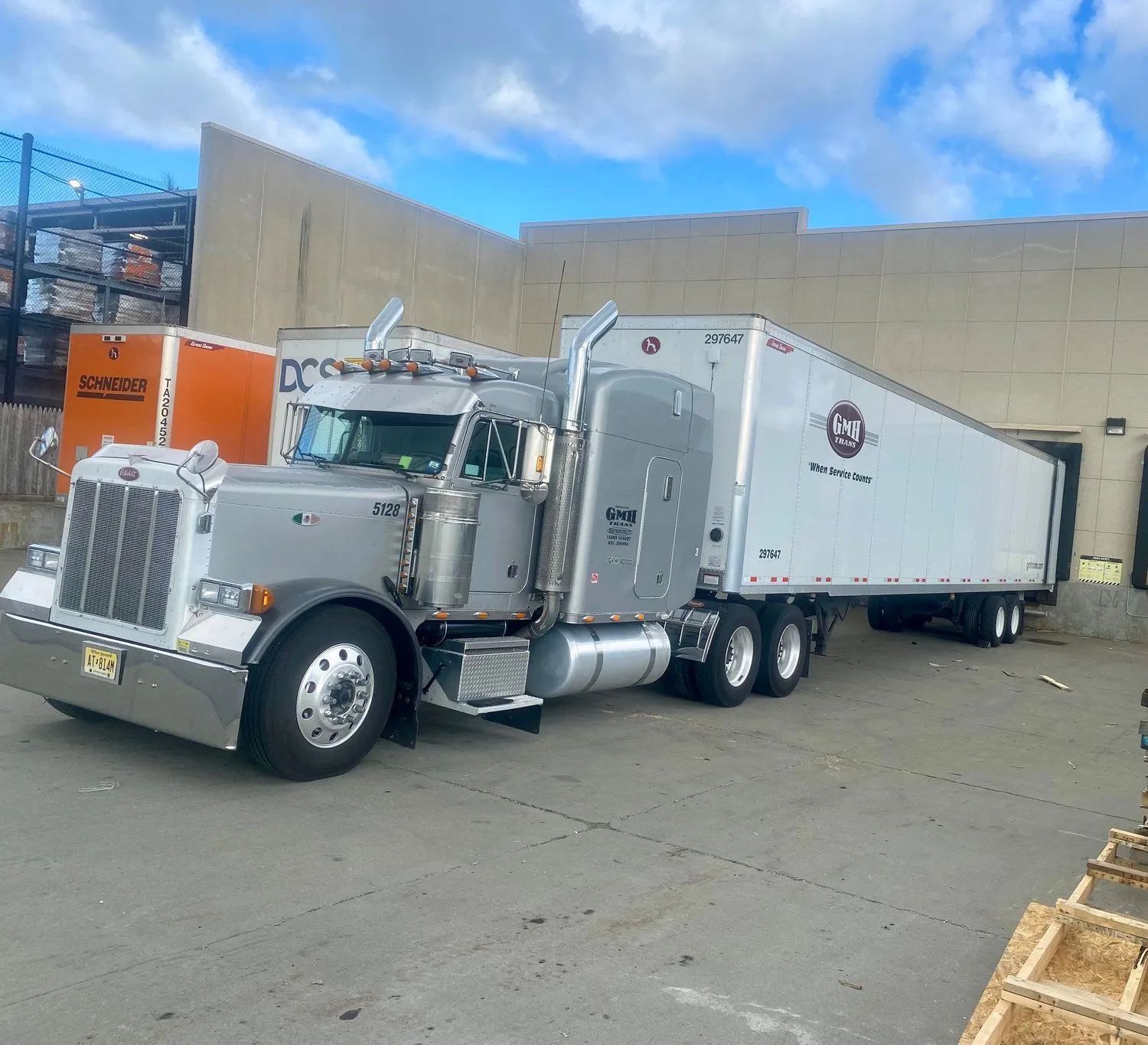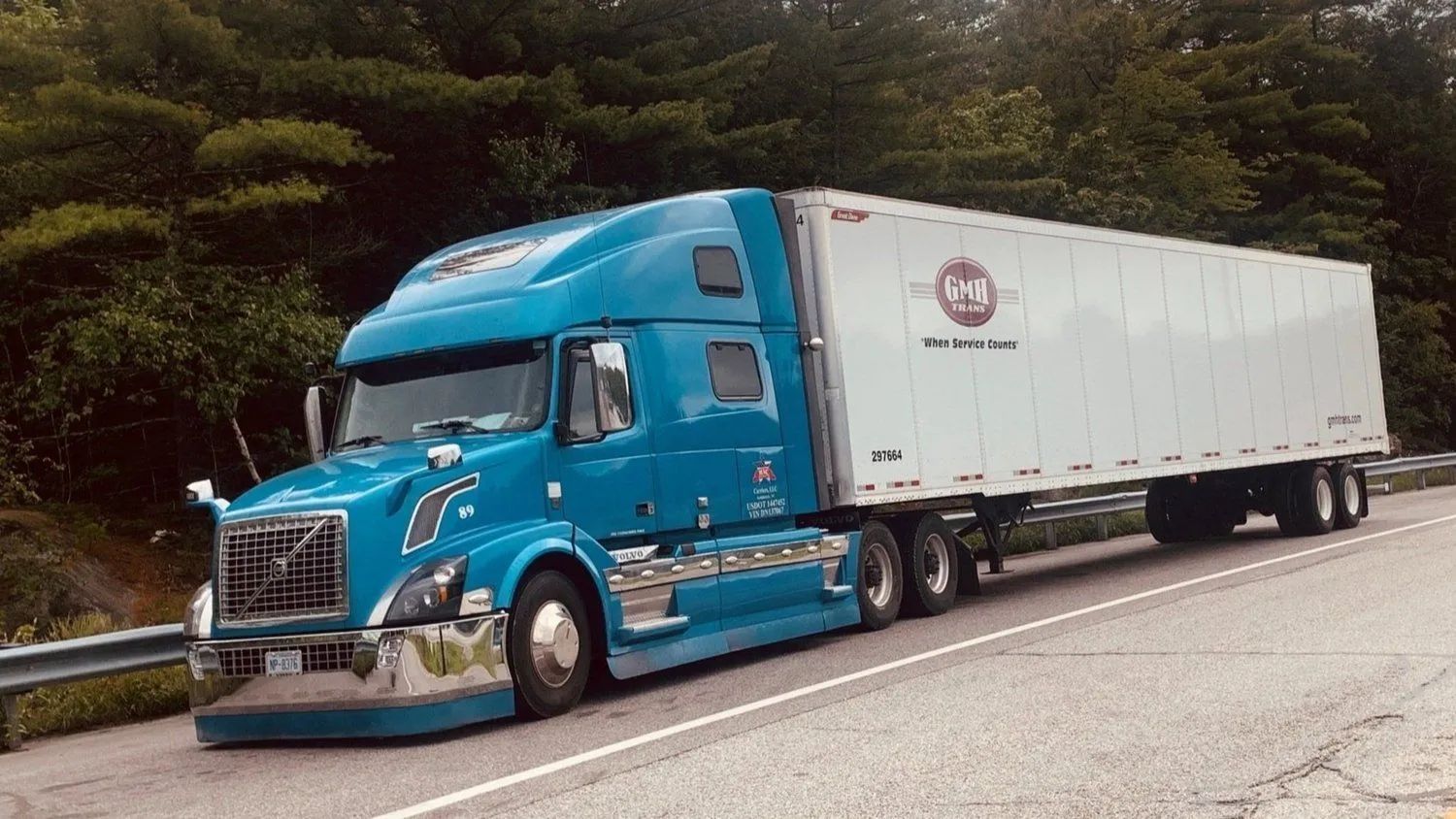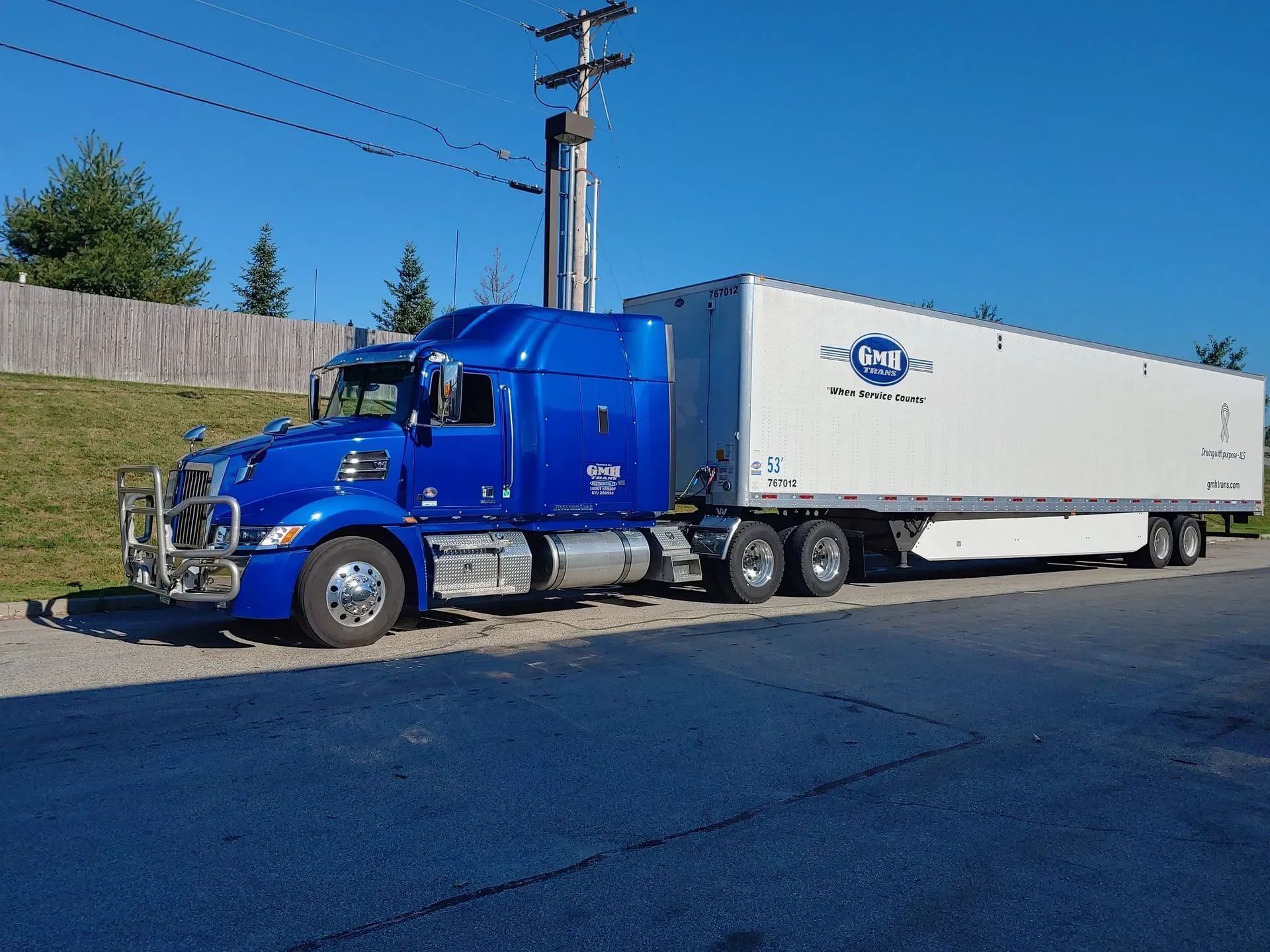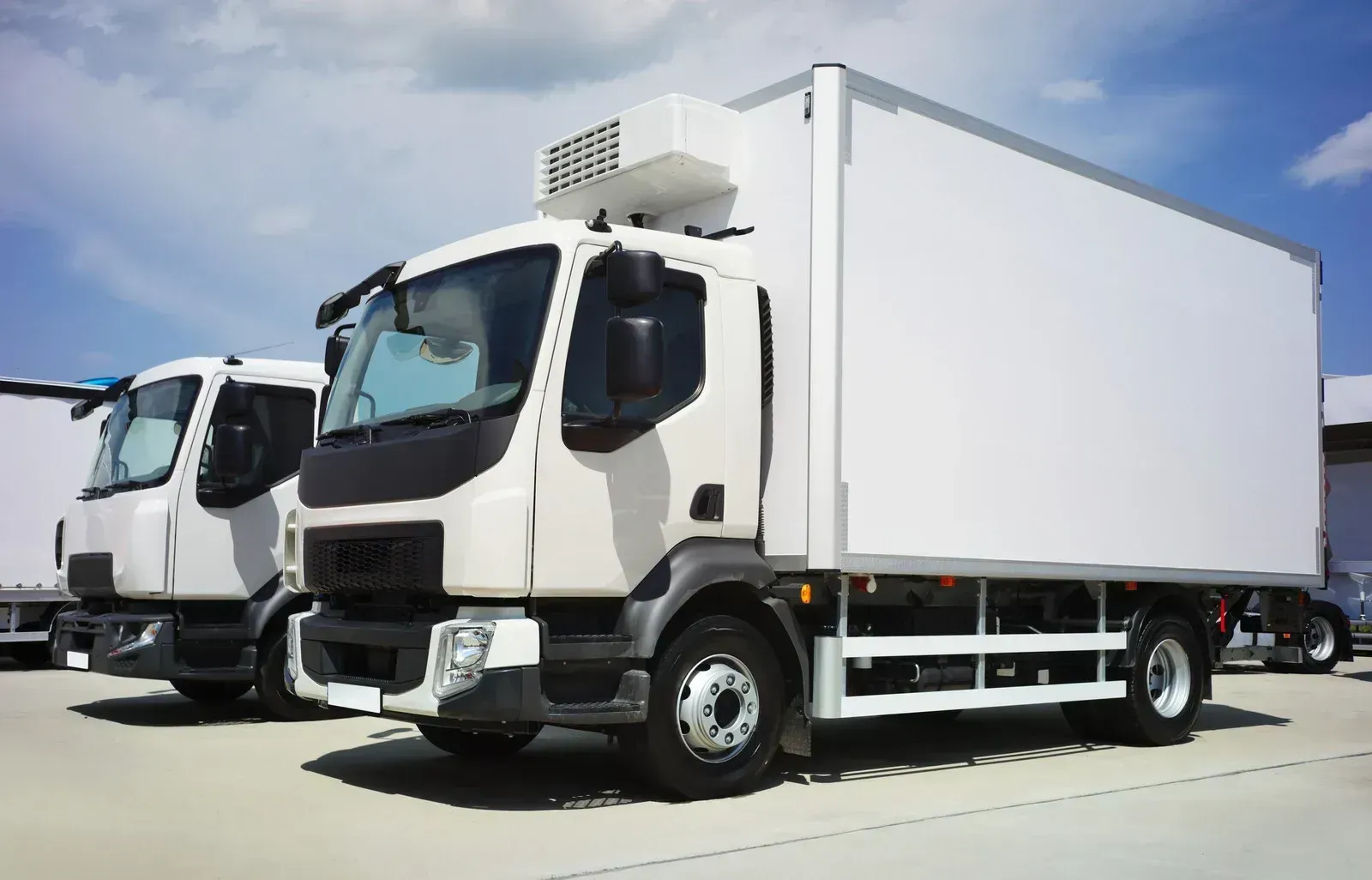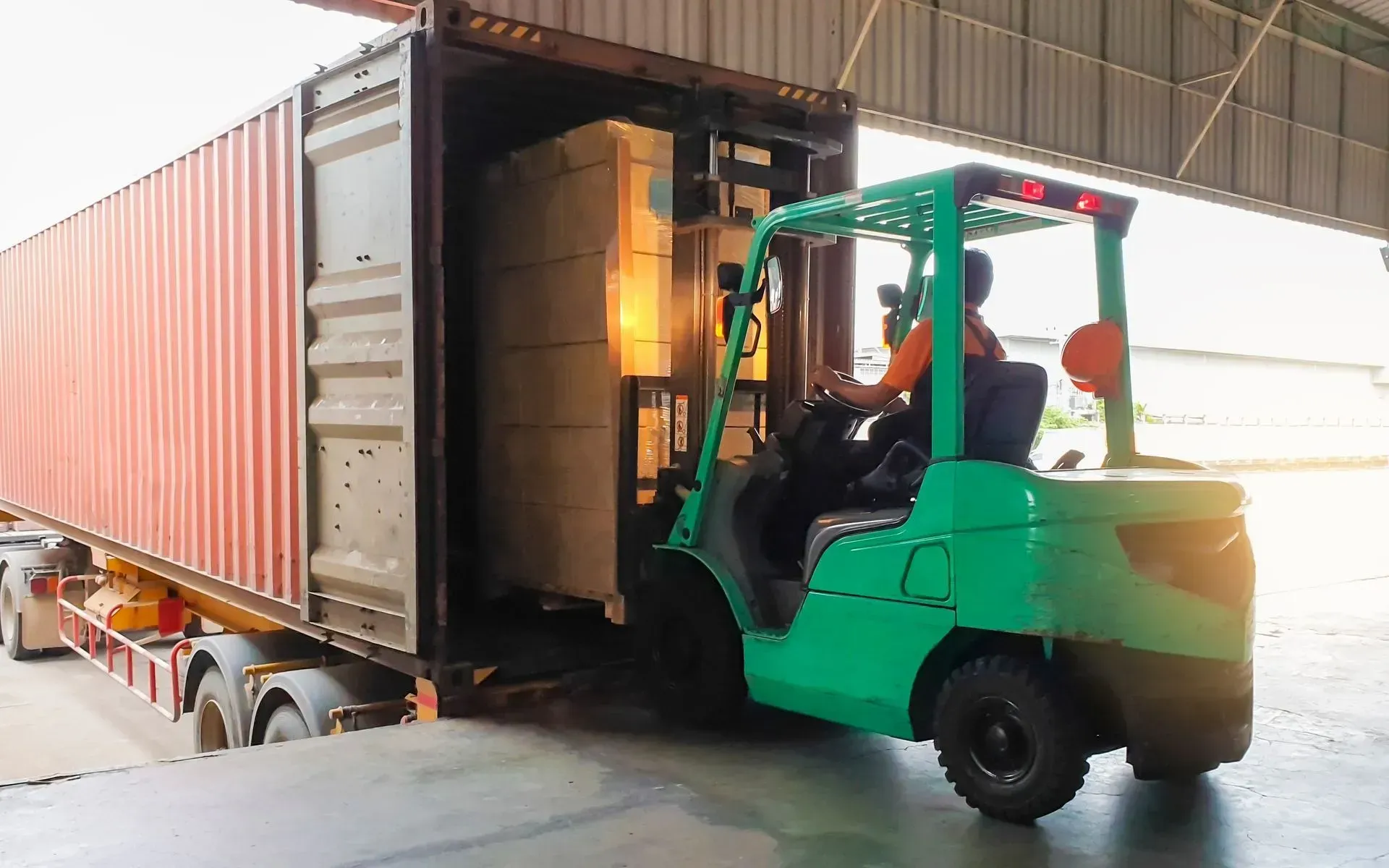Why Cross-Docking Services Are Essential for Efficient Freight Management
In the ever-evolving landscape of freight transportation, speed, accuracy, and cost-effectiveness are critical to staying competitive. One strategy that has significantly improved supply chain efficiency is cross-docking. This logistics method eliminates the need for long-term storage by directly transferring incoming goods to outbound vehicles with minimal handling. As businesses seek faster turnaround and reduced overhead, cross-docking stands out as a solution that addresses both speed and operational costs. In this blog, we’ll explore why cross-docking services are essential for efficient freight management and how they offer a strategic edge to logistics operations.
Eliminating Storage Costs and Enhancing Turnaround Time
One of the most immediate benefits of cross-docking is the reduction in warehousing needs. By minimizing or eliminating storage time, companies can reduce inventory holding costs and associated expenses such as utilities, labor, and real estate. This model accelerates the distribution process, allowing goods to reach their destination faster. For time-sensitive or perishable products, this swift transition from inbound to outbound vehicles is invaluable.
Faster processing also means that businesses can better meet customer demands and improve satisfaction. Whether you're dealing with retail inventory, manufacturing components, or time-critical goods, cross-docking optimizes the movement of freight through your supply chain.
Minimizing Handling for Maximum Efficiency
Each time goods are handled, the risk of damage, delays, or misplacement increases. Cross-docking reduces this risk significantly by limiting handling to the bare minimum—unloading from the supplier’s truck and immediately loading onto the destination truck. This streamlined approach not only protects product integrity but also saves labor hours that would otherwise be spent on storage, picking, and repacking.
Moreover, the improved accuracy in handling reduces errors in shipments, thereby strengthening customer trust and improving service consistency across the board.
Improved Inventory Management and Reduced Lead Times
By eliminating the need to store products, cross-docking allows for more accurate, real-time inventory management. Businesses can operate with leaner inventories and still maintain high service levels. This real-time visibility supports better planning and forecasting, giving managers a clearer picture of supply chain performance.
Additionally, lead times are significantly reduced as products spend less time sitting idle in warehouses. This becomes particularly beneficial in industries that operate on just-in-time (JIT) inventory models, where timing is everything.
Sustainable and Scalable Logistics Solution
Cross-docking also contributes to sustainability efforts by reducing the number of storage facilities required and optimizing transportation routes, which cuts down on fuel consumption and emissions. As businesses grow and their distribution needs scale, cross-docking adapts to handle increased volumes without the need for extensive infrastructure expansion. It’s a forward-thinking approach for logistics operations aiming for agility and long-term success.
Trusted Cross-Docking Solutions by GMH Transportation Services
When it comes to efficient freight handling, GMH Transportation Services
leads the way with 40
years of industry experience. Based in Westminster, VT, the company offers
professional cross-docking services tailored to meet the dynamic needs of businesses across various sectors. With a strong commitment to reliability, accuracy, and speed, we are the partner you can trust to streamline your freight operations and boost supply chain efficiency. Discover how decades of logistics expertise can make a lasting impact on your distribution strategy.



